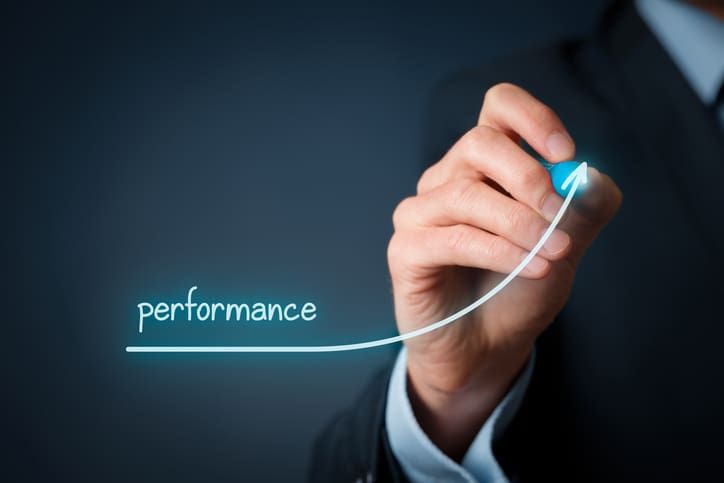When it comes to work, self-efficacy is a fundamental element of employee success. It can increase an employee's perseverance in completing tasks and coping with stressful conditions, such as failure. To understand how these beliefs influence an employee's ability to deal with failure, let's consider an example. Imagine having to write an essay and complete a science lab report at the same time. If you believe that you can complete both tasks, you'll be able to cope with the stress more effectively than if you believe you can only do one. If you believe that you can do both, you'll be better able to finish both. On the other hand, if you think you can only do one, you'll have more trouble coping with failure.

A lack of self-efficacy is one of the leading causes of employees not pursuing their goals. A low self-efficacy level can also lead to an employee's inability to complete a task and give up easily. People with high levels of self-efficacy tend to have higher levels of perseverance and are more likely to work long and hard on a task. However, this can also interfere with other tasks.
Another area where self-efficacy affects an employee's performance is when a person believes they are capable of completing a task. When employees believe they can complete a difficult task, they are more likely to continue doing so. The same applies to how they respond to failure. For example, high self-efficacy employees are less likely to quit when they experience a setback, and they tend to recover from failure faster than others.
Self-efficacy beliefs also play a role in how an employee will respond to challenging tasks. When an employee has high self-efficacy, he or she will be more likely to finish a difficult task. A low self-efficacy employee will be less likely to give up and instead look for ways to improve. An employee with high self-efficacy will be more willing to work harder and recover faster from setbacks.
Efforts are a vital aspect of self-efficacy. High self-efficacy employees will continue to strive, even in difficult tasks. They will be more resilient when facing setbacks and will work harder to learn and complete new tasks. They will work harder to improve themselves and be more motivated to achieve their goals. They will also be less likely to quit if they feel they can't meet their goals.

High self-efficacy employees will perform better in a difficult task. They will be more persistent, and more confident when it comes to difficult tasks. They are also more likely to recover from setbacks and disappointments. They'll feel more motivated when they're able to accomplish a challenging task. They'll be more resilient than their colleagues, and they'll be able to do the same.